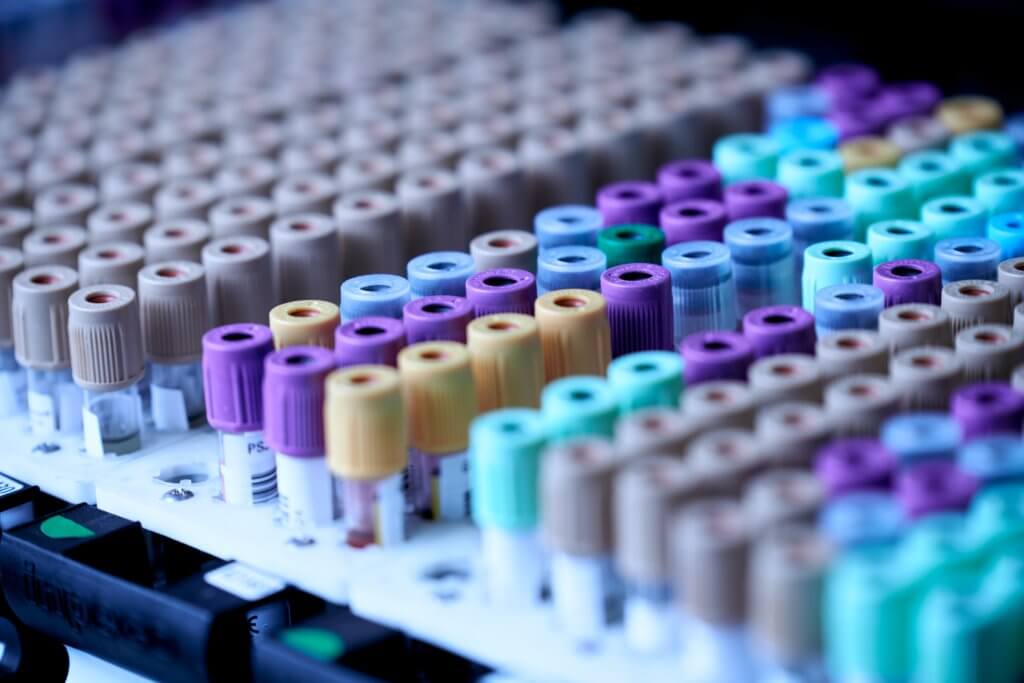Researchers from the University of Bristol have developed a useful tool using mathematical approaches to better identify glioblastoma, the most prevalent and aggressive form of brain cancer. Their work is part of a larger university-led project aiming to develop affordable blood tests that can make diagnosing brain tumors much more efficient.
In this latest study, researchers designed a mathematical model able to predict blood-based biomarkers already commonly used to detect glioblastoma. Doing this as a first step allowed them to still utilize current practices, but additionally understand how to make them better and integrate them more easily in clinical settings.
“These mathematical models could be used to examine and compare new biomarkers and tests for brain tumors as they emerge,” says Dr Johanna Blee, lead author and Research Associate in the University of Bristol’s Department of Engineering Mathematics, in a statement.
Researchers also used fluorescent nanoparticle technology and computational modeling techniques to explore the impact of various tumor types and differences in patient profiles for determining improvement frameworks. Results show that a presumptive glioblastoma biomarker, glial fibrillary acidic protein (GFAP), could lead to more efficient detection of the tumors by lowering the current biomarker threshold. This can help to develop a straightforward blood test that can promote better individualized care.
“Our findings provide the basis for further clinical data on the impact of lowering the current detection threshold for the known biomarker, GFAP, to allow earlier detection of glioblastomas using blood tests. With further experimental data, it may also be possible to quantify tumor and patient heterogeneities and incorporate errors into our models and predictions for blood levels for different tumors,” says Dr. Blee. We have also demonstrated how our models can be combined with other diagnostics such as scans to enhance clinical insight with a view to developing more personalized and effective treatments.”
For many, brain tumor diagnoses come late and make treatment options much more limited compared to if detection happened in earlier stages. Further, the researchers believe that patients would likely be more willing to get screened when it’s through blood test and not a neurological exam, which can possibly be much less attainable for some. They also emphasize that it isn’t always clear when a brain tumor may be growing, so if a patient explains their symptoms to their physician and get recommended for further analysis, they may be more inclined to follow up with a blood test rather than a brain scan.
It’s their hope that this specific work, in addition to their larger project, enhances clinical understanding of brain cancer diagnostic approaches and individualized care for it.
This study is published in the journal Interface.












